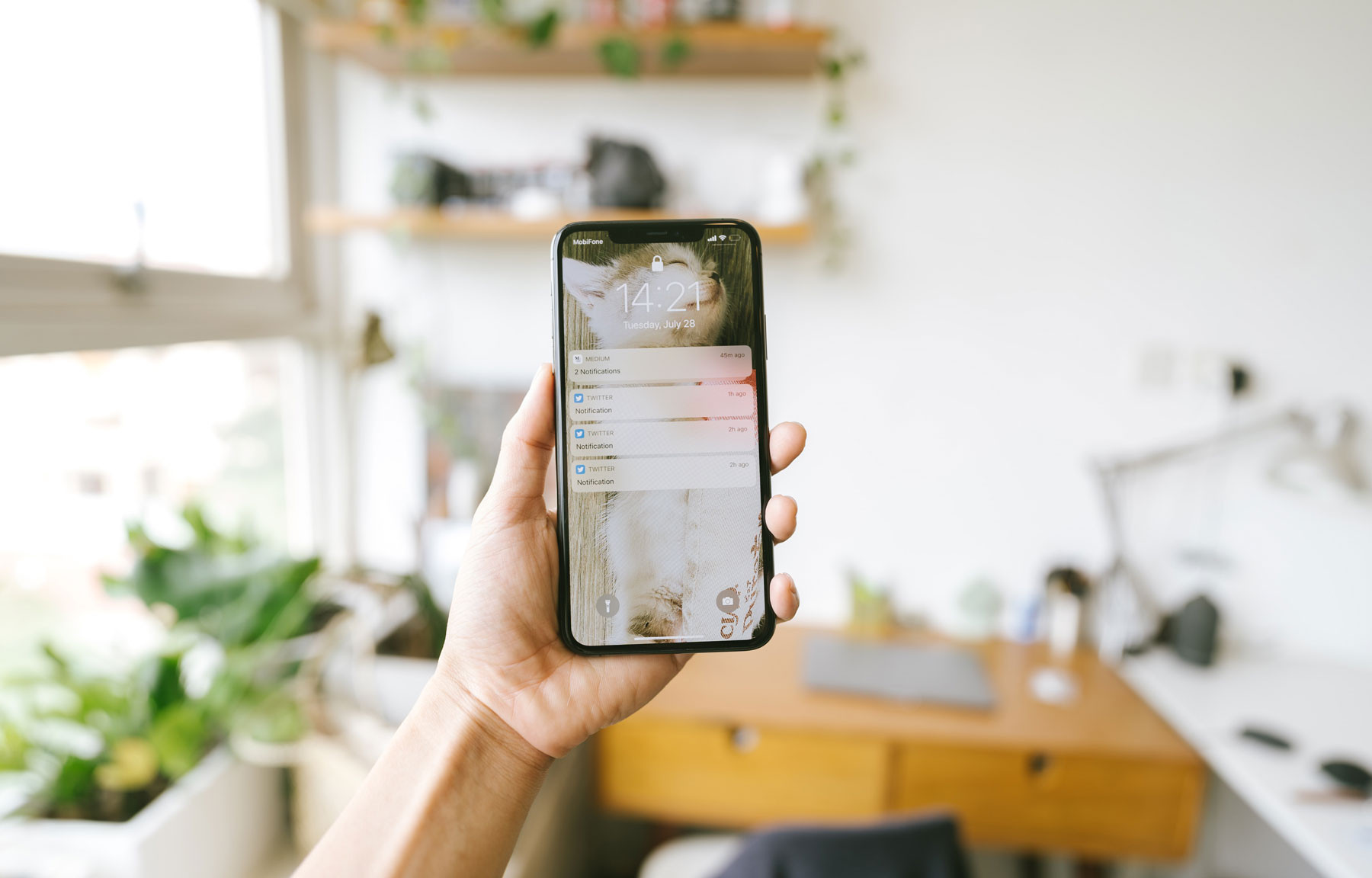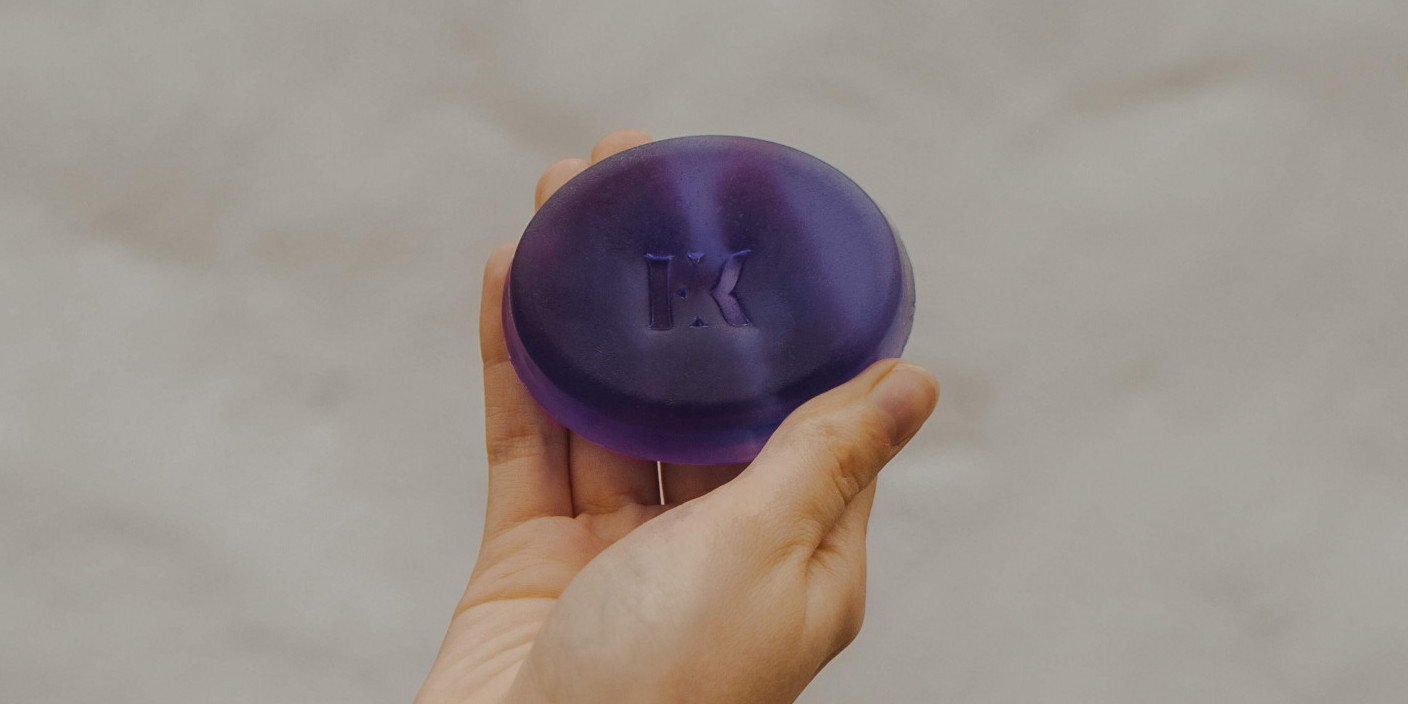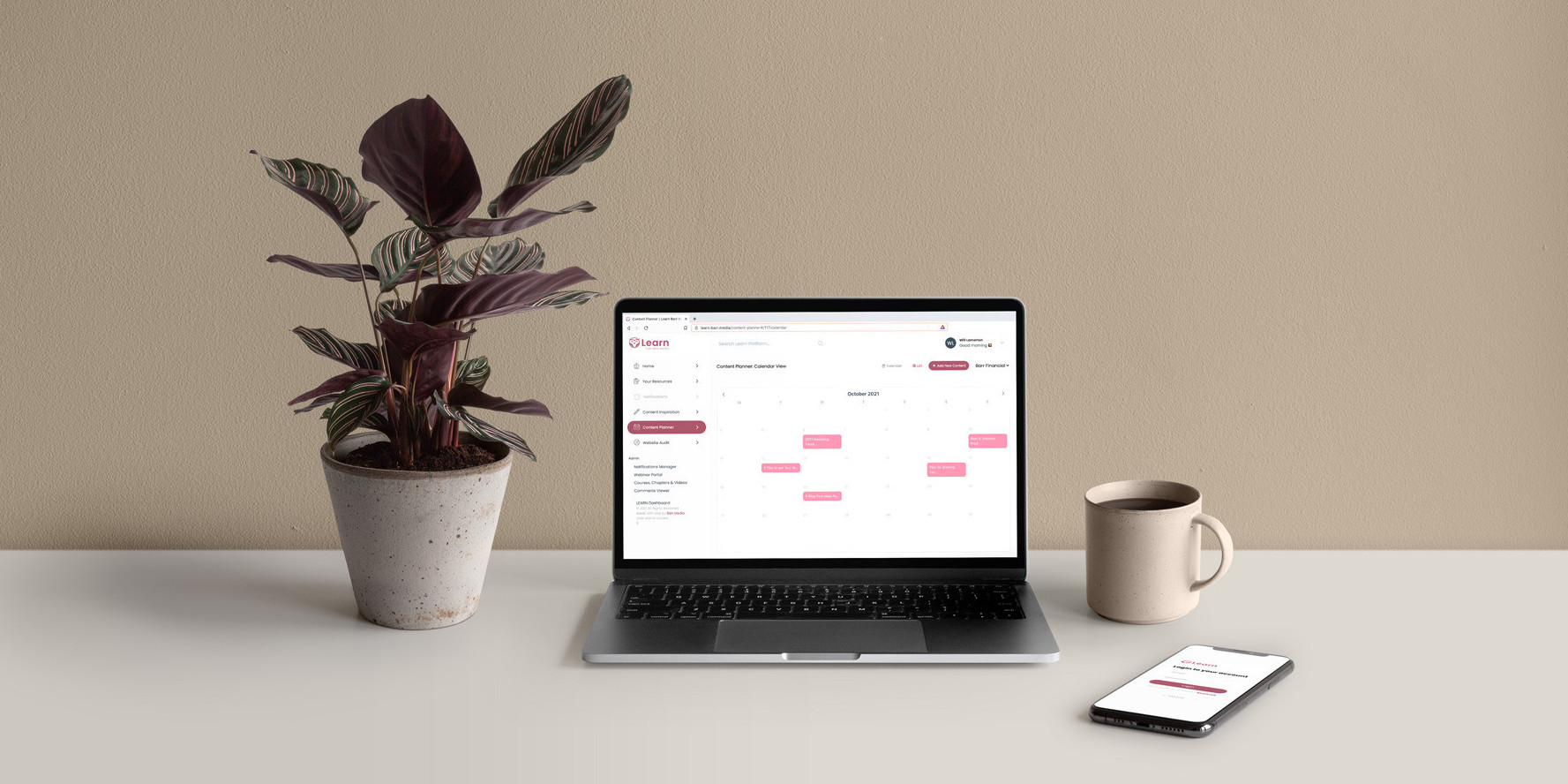
7 Mobile App Development Trends For 2021 And Beyond
Smartphones have changed the shopping landscape forever. Businesses are now having to adapt to these latest trends as more and more is sold online. Whereas before you may have reached customers only in your area, now you are able to reach customers from all over the world expanding your market and potentially the size of your business from utilising applications that meet the criteria.
It's estimated that more than four billion people in the world are using handheld devices to discover places, listen to music, buy and sell goods online and follow along with the latest news meaning mobile apps have become an increasingly profitable business.
By 2023, it is predicted that mobile apps will generate more than £649 billion in revenue, which is why organisations and developers are constantly looking for the latest apps and software trends that will help them build the next big application.
Here are 7 of the next top trends we predict will dominate the mobile app industry in 2021 and beyond.
M-Commerce:
Mobile commerce, also known as m-commerce, is the purchase and sale of products, online banking and payment of bills made through mobile devices.
During the late pandemic, m-commerce saw its biggest growth to date as more was purchased via e-commerce stores than ever before! In this year alone, it is predicted that £2.8 trillion will be made in revenue and is only set to rise over the upcoming years.
Developers are now looking to incorporate more and more features to make the user shopping experience easier by including one-click ordering, voice shopping and omnichannel retail into their codebase.
Beacon Technology:
When finding products online, sometimes you want to try before you buy, well beacon technology will allow you to locate that product in the closest store to you!
Beacon is one of the most promising mobile app development trends with major potential in the healthcare and travel industries.
Cross-Platform App Development:
Cross-platform app development translates to apps that are compatible with more than one mobile device such as iOS and Android users. This has become increasingly popular in recent years especially with big tech giants like Facebook and Pinterest that have implemented this approach to reduce costs, improve their efficiency and reduce development time.
Frameworks such as Google's Flutter, a UI toolkit has meant it is easier than ever before for developers to build apps all under one codebase and compile them natively to each platform it's deployed in. This will allow developers to fully customise applications in less time, capital or effort.
Blockchain Technology:
This is a technology that we have seen on the rise and are very excited about, however, many still don't know much about its capabilities. Blockchain is commonly seen in the form of cryptocurrencies and smart contracts making applications decentralised, more secure and more scalable in the long term.
We are seeing more of a rise of this technology in different industries such as healthcare, finance and trading and is only expected to keep growing as blockchain is being used for more and more applications.

Folding Display:
With the newly released mobile devices including the Samsung Galaxy Z Flip and LG G8X ThinQ already in high demand, mobile developers are going to have to rethink their applications and take into account how the screen will change when the user folds the device. This means that there will be more complex development when it comes to building out apps, but also new opportunities.
Mobile Wallets:
More and more people are turning to online phone banking overpaying with cash and even with a standard card. Amazon Pay, Google Pay and Paypal are all examples of mobile wallets that are quickly becoming some of the most commonly used payment methods online because of their ease of use. Users simply have to link their account details to a mobile wallet app and use the application to pay bills, shop on e-commerce websites or transfer money to family members.
Currently, mobile developers are working on enhancing existing mobile wallets by adding audio-based features, NFC and RFID payments. Experts are also predicting that in the future mobile wallets will slowly take over traditional payment methods especially with recent examples of blockchain technology mentioned above.
Wearables:
We are seeing even more wearable technology more and more from smartwatches to body sensors and smart lenses and this is expected to grow over the upcoming years.
Wearables can be used via your smartphone, which is why one of the most popular mobile app development trends is creating applications that are supported through this kind of tech!
Wearables have seen a growth in popularity among the healthcare industry to track and analyse body movement, heart rate, body temperature and more. Facebook has also been producing a prototype in mind-reading technology using smart glasses and even developing virtual keyboards. There are so many possibilities for where this type of tech could lead to!
Conclusion:
App development is forever changing and businesses are having to keep up with these innovations to stay ahead in the competition. With upcoming technologies such as 5G networks and augmented reality, apps are now shifting their focus to speed, hassle-free and personalisation to enable the user to have the best possible user experience.
Including these trends in your upcoming app development will enable you to stay ahead of the competition - one we are very excited to see where it heads next!
If you're currently considering building an upcoming application, feel free to reach out to us for any help or guidance - we love helping businesses create the latest tech and would love to help your vision come to life!









